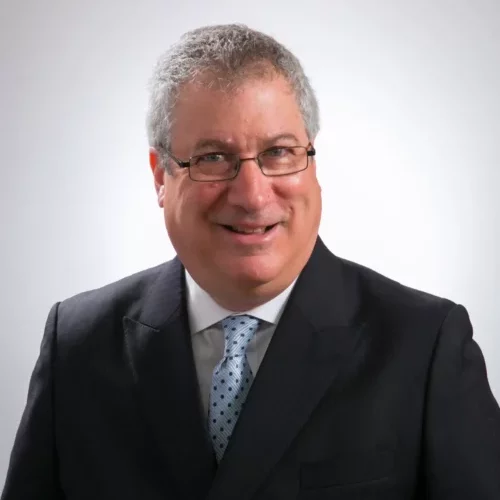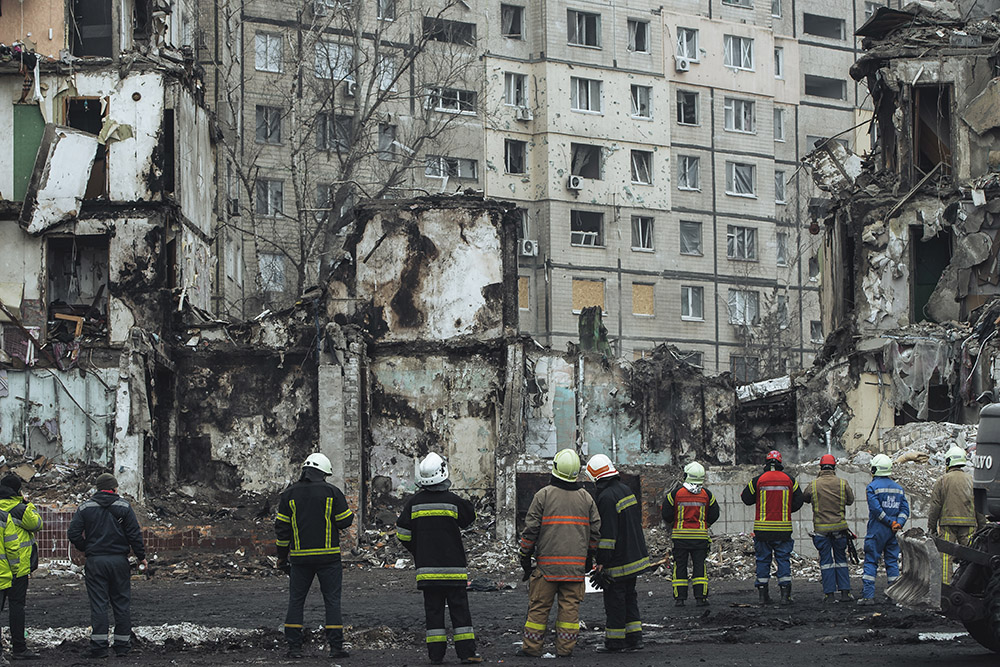By Greg Hardesty
With the devastating war in Ukraine recently marking its grim one-year anniversary, experts in finance, business, real estate and beyond are analyzing what it will take to restore the country and put it on a path to a brighter future once the war ends.
A recent New York Times story estimates it will take anywhere from $138 billion to $750 billion to rebuild Ukraine’s infrastructure. Already, the Times reports, private and public entities from around the world are positioning themselves for the possible multibillion-dollar gold rush – should Ukraine end up successfully defending itself against invading Russia.
“Rebuilding Ukraine: The Human Factor” is the topic of an online panel discussion co-hosted by the USC Sol Price School of Public Policy and the USC Marshall School of Business.
The “Price Presents”-sponsored event will be held from 1-2 p.m. on Wednesday, March 8. To register, click here.
Professor Richard Green, chair of the Wilbur H. Smith III Department of Real Estate Development at the USC Price School and director of the USC Lusk Center for Real Estate, will moderate the panel discussion.

He’s no stranger to Ukraine, having worked on a project there in 2007.
“I got to see up close and personal the corruption in Ukraine during that visit,” Green says. “But the current president of Ukraine is raising hopes that the government is going to take transparency seriously.
“That’s crucial to the development of Ukraine’s economy.”
New book sparked idea for panel
Speakers on the forthcoming panel are Andrii Parkhomenko, assistant professor of Finance and Business Economics, USC Marshall School of Business, and Yuriy Gorodnichenko, Quantedge presidential professor of Economics, Department of Economics, University of California, Berkeley.
Gorodnichenko is one of three editors of a new book, “Rebuilding Ukraine: Principles and Policies,” published by the Center for Economic Policy Research, Europe’s leading network of economic policy researchers.
Gorodnichenk asked Green to help pen a chapter of the book – the genesis of the March 8 panel discussion. (The other authors are Parkhomenko; Alex Nikolsko-Rzhevskyy, Lehigh University; J. Vernon Henderson, London School of Economics; and Matthew Khan, Provost Professor of Economics and Spatial Sciences, USC Dornsife College of Letters, Arts and Sciences).
Green’s chapter, “Accelerating Urban Economic Growth in Ukraine,” details such challenges as Ukraine having the lowest GDP per capita in Europe, and the fact that its national population is declining. Kiev, the capital, has been the only major city to grow since 1989.
Ukraine, Green and his co-authors write, will require massive aid and institutional capacity building. For political and social reasons, it needs to rebuild cities such as Donetsk, Mariupol, and Kharkiv – cities that had been on a poor economic trajectory long before the Russian invasion.
Ukraine is undergoing a structural transformation out of heavy manufacturing into services, with the loss of Russian markets and heavy-industry firms that are not competitive on world markets, the chapter reports. The country’s eastern cities need to transform to attract people.
Three areas where the public sector could create jobs are national bureaucracy, universities and healthcare facilities, Green and his co-authors write.
Speaking in advance of the March 8 event, Green says Ukraine needs investments in cities beyond Kiev.
“What an economist would say should happen in Ukraine is that all the economic activity should be focused on the capital of Kiev,” he explains. “That’s basically the only place that’s remotely doing well economically and the cities in the east are considered difficult – they were centers of Soviet automobile manufacturing.
“But politically that’s not feasible, because they’re fighting a war to maintain that eastern territory, as well they should,” he continues. “Putting government offices and universities in the east area of Ukraine is critical to the country’s development.”
‘Money in the hands of the people’
Ukraine’s economy shrank 30 percent last year, according to the country’s economy ministry, and it urgently needs funds for emergency repairs. Hundreds of thousands of homes, schools, hospitals and factories have been obliterated along with critical energy facilities and miles of roads, rail tracks and seaports.
Ukraine’s president Volodymyr Zelensky has compared the need to rebuild the country to the Marshall Plan, the U.S.-sponsored program designed to boost the economies of Western Europe after World War II.
“From a strategic standpoint, if you think the West needs to have a bulwark in Ukraine – and that seems like a reasonable supposition to make – it makes sense to come up with significant investment,” says Green. “We need to put money in the hands of the people.”
Price Presents is the USC Price School’s premiere webinar series about issues confronting society. Each webinar features experts the USC Price from not only School but across USC as well as those from other universities, government, business and not-for-profits.
